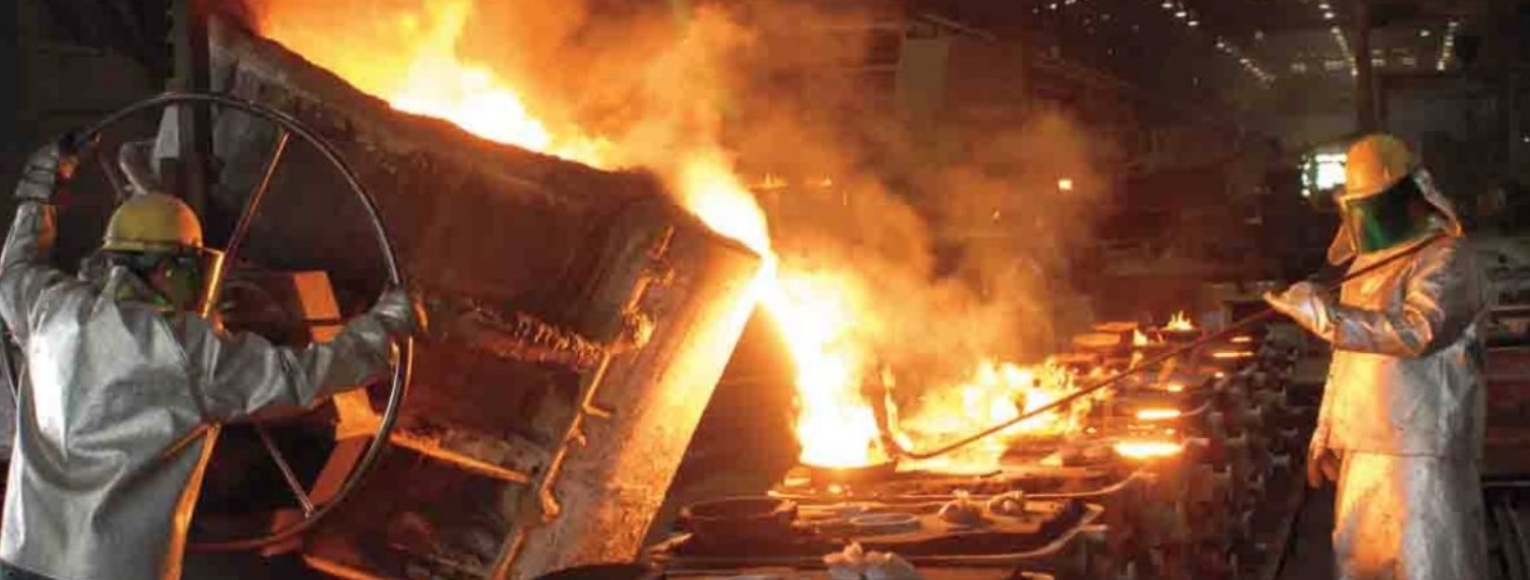
Emerging trends in sand casting manufacturers technology are shaping the future of the industry, driven by the demands for improved efficiency, precision, and environmental sustainability. Some of the key trends include:
- 3D Printing for Molds and Cores: 3D printing, also known as additive manufacturing, is revolutionizing the production of molds and cores. This technology allows for the creation of complex geometries that are difficult or impossible to achieve with traditional methods. It also speeds up the prototype development process.
- Use of AI and Machine Learning: Artificial Intelligence (AI) and machine learning are increasingly being integrated into sand casting manufacturers processes. These technologies can optimize casting parameters, predict defects, and improve overall quality control.
- Automation and Robotics: Automation in sand casting manufacturers involves the use of robotic systems for tasks like mold making, pouring, and finishing. This not only improves efficiency and consistency but also enhances worker safety by reducing exposure to hazardous conditions.
- Advanced Simulation Software: Simulation software is becoming more sophisticated, allowing manufacturers to model and predict casting outcomes with high accuracy. This can lead to a significant reduction in waste and trial-and-error processes.
- Eco-Friendly and Sustainable Practices: There is a growing emphasis on sustainability in sand casting manufacturers. This includes recycling of sand and metals, using environmentally friendly binders, and adopting processes that minimize waste and reduce energy consumption.
- Improved Materials for Casting and Molds: Research into new metal alloys and mold materials is leading to improved sand casting manufacturers quality and efficiency. For instance, the development of heat-resistant and more durable mold materials can extend mold life and reduce defects.
- Enhanced Quality Control Technologies: The integration of advanced sensors and inspection technologies such as X-ray and ultrasonic testing helps in detecting defects early in the manufacturing process, thereby improving the quality of the final product.
- Smart Foundries: The concept of a smart foundry incorporates IoT (Internet of Things) technology to connect various components of sand casting manufacturers process. This leads to better data collection and analysis, improving process control and operational efficiency.
- Customization and Small-Batch Production: With advancements in technology, sand casting manufacturers are becoming more economical for small-batch and custom productions. This flexibility allows manufacturers to cater to niche markets and specific customer needs.
- Collaborative Industry Partnerships: Collaborations between industry and academia, as well as partnerships among companies, are driving innovation in the field. These partnerships are crucial for pooling resources and knowledge to tackle complex challenges and push technological boundaries.
These emerging trends highlight the industry’s move towards more precise, efficient, and sustainable sand casting manufacturers methods, indicating a vibrant future for this time-honored manufacturing process.
Pages: 1 2
